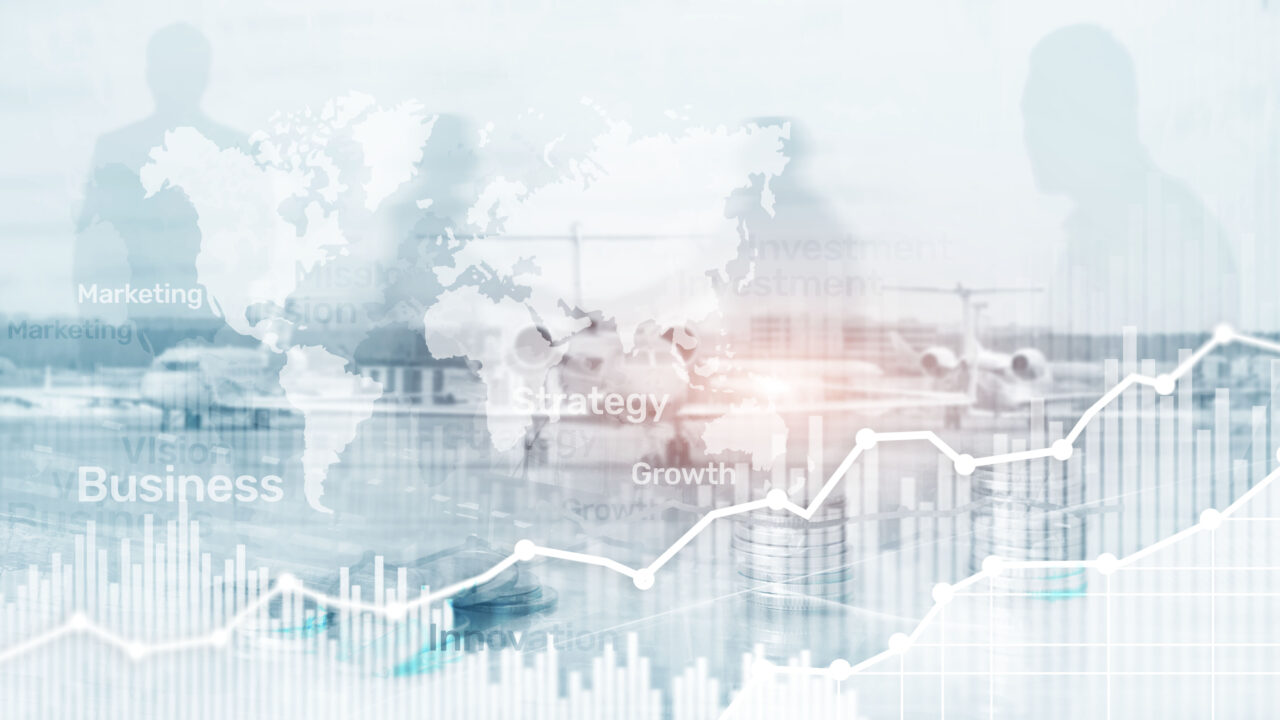Between a global pandemic, major shifts in technology and volatility in business, ecosystems became, perhaps more than ever, vital to the survival and long-term innovation of brands both big and small. Over the past year especially, ecosystems have brought resilience during supply chain and logistics interruptions and rapid growth in ecommerce and tech. COVID-19 and the events surrounding it may have become the most unfortunate and powerful case study for ecosystems yet.
The Pandemic’s Case for Ecosystems
The past 17 months have been anything but stable or predictable, dramatically shifting the trajectory of everything from ecommerce to employment and more. Businesses of all types have been affected by a pandemic and business interruptions; the IMF estimates as much as $28T was lost in output due to the COVID-19 pandemic, an unsurprising figure when seeing the amount of vacant retail properties and shuttered restaurants.
But ecosystems have delivered incredible value during this time, unsung heroes that have either improved or helped bring the pandemic closer to an end. A return to normalcy was ushered in by the Oxford University, AstraZeneca and Vaccitech ecosystem, which collaborated to create an mRNA vaccine. At the height of the pandemic, retailer Nordstrompartnered with Kaas Tailored and Providence, providing 1,000,000 masks to these health systems’ frontline workers—and drumming up fantastic PR for Nordstrom at a time when retail was anything but healthy. Finally, everyone from pharmaceutical companies to tech startups found themselves crossing industry lines and working together.
Outside of the medical world, ecosystems fostered resilience during the pandemic, especially in industries hard-hit by business interruptions and shutdowns. For example, Lysol partnered with Tripadvisor, the travel site which saw dramatic downturns in traffic and revenue due to hesitant travelers, jointly creating education and product packs that encourage consumers to start traveling again. Leveraging Lysol’s clean image helped some travelers feel ready to get back into airports and Airbnbs.
In the decimated retail sector, Apple and Target increased foot traffic to Target stores while providing more customer service for Apple products, launching mini-Apple stores within Target locations. Even as stores open back up and foot traffic increases, this clever approach to shared staff works for both Apple and Target as staffing shortages and hiring woes threaten to leave retailers with few employees.
Within the Beer Garage ecosystem we could leverage knowledge, bringing it all to a multi-disciplinary group created to help in many different ways. We could learn and implement many different programs. From initiatives that could prevent the spread into our facilities and communities like tremo sensors in our breweries, app to employees self asses health, initiatives related to support our small and medium customers, with loyalty programs to local communities support with pre purchased vouchers within ABI matching the values, and broader initiatives like shifting our brewery lines to produce sanitizer, plastic masks and many other to support our local communities, showing the power of having a strong partnership in local ecosystems.
The Near-Term Future of Ecosystems
Ecosystems will be and always have been drivers of innovation, but some predict ecosystems will begin focusing not just on innovation but longevity and quick pivots. As bottom lines begin their climb back from record lows and teams reflect or analyze the past year, many will look for ways to lower their risk of supply chain interruptions or technology gaps. Others will bring on partners that will let them pivot and shape their business with more agility, responding to unexpected new competitors, consumer demands or another global health crisis.
With agility and lessons from COVID-19 fresh in the minds of the team at Beer Garage, we will positioning our research groups to be closer to academia, making sure we can better predict events like this, and also create mechanisms that can enable us to be better prepared. Nowadays we have positioned ourselves with best universities, best accelerators in order to create a program where we bridge the gap between this startups and real problems faced by our industry and customers.
Even as brands recover and find their footing, a few winners have clearly emerged, less beaten up or affected by the pandemic than others—and quickly building ecosystems that only enhance their trajectory.
The Present and Future Ecosystem Leaders
Rakuten may not be an everyday brand name in the West, but this Japanese ecosystem company beats out even Apple, Amazon and Google with a total market capitalization of $2.09T. The largest online retail marketplace in Japan, Rakuten Ichiba has a network of credit cards, financial products, travel portals, Viber instant messaging app and other diverse businesses. The company actually saw growth in 2020.
With its massive hardware business and iconic products, Apple is much more than a tech company or phonemaker, it’s an ecosystem giant. The second largest ecosystem by market cap at $2T, Apple partners with everyone from Target to Verizon to, more surprisingly, potential partners to develop the Apple car. Apple may be able to stand on its own as a tech company and pop culture brand, but this diversity protects it from other players like Samsung or new competitors like Huawei.
As Beer Garage grows its global ecosystem of tech startups, blockchain experts, AI businesses and more we believe we can create an interconnected center of knowledge, having our strategic Innovation hubs located in order connect local ecosystems to a global scheme, where startups will benefit, customers will benefit and the industry will benefit.
Just like the businesses, vendors and customers that make up an ecosystem constantly change, so will the use cases and advantages of an ecosystem. But one thing that won’t change? The immense value these ecosystems bring, from innovation to resilience to collaboration and beyond.
After reading this series, what’s your most valuable or surprising takeaway?
